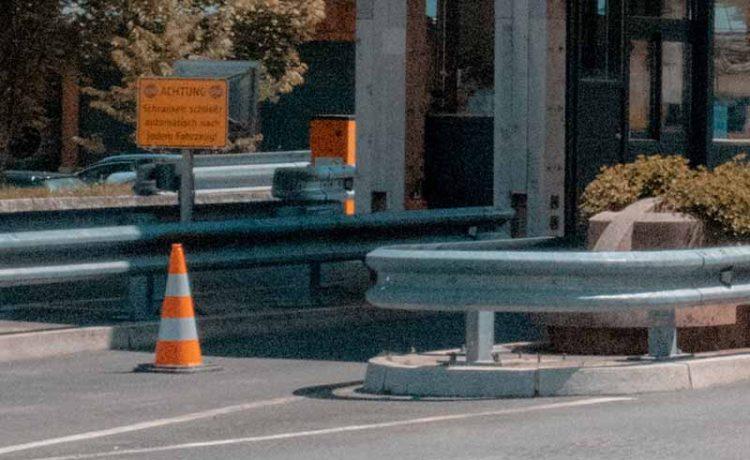According to Gerhard Karner, the Interior Minister of Austria, the government intends to prolong the internal border checks with Hungary and Slovenia for six more months. During an interview with Ö1-Morgenjournal, Karner emphasized that while these checks come with a price, Austria must maintain them in order to ensure the safety of its citizens. “It is true that there are costs involved, but it is imperative for the safety of the Austrian population,” he stated.
As per his statement, the country has faced significant migration pressure in 2022, necessitating the implementation of border controls to prevent such movements. Additionally, he highlighted that, as reported by SchengenVisaInfo.com, border controls have led to the arrest of 80 people smugglers in 2023 thus far.
However, the Slovenian government has not welcomed this decision, as Austria has been frequently criticized for maintaining border controls within the Schengen Area, which is supposed to be border-free. Although border controls with Hungary and Slovenia remain fully operational, the controls with Slovakia have undergone some changes since February of this year.
Starting from February 6th, Austria has substituted the fixed border controls at the crossings between Austria and Slovakia with border area controls, which are executed by mobile teams in cooperation with the Slovakian authorities. Moreover, Austrian and Slovenian authorities periodically conduct joint border patrols to prevent irregular migration between the two nations.
Initially, Austria had implemented border controls with its neighboring countries in September 2015 to curb the substantial migrant movements taking place in Europe at the time. Since then, border controls have been extended every six months, with the rationale that they were necessary to combat illegal migration and human trafficking.
The existing border controls were initially scheduled to expire on May 11th, and Austria must notify the EU Commission formally to extend them. “We will have to extend these border checks, and we will inform the European Commission in the coming days,” stated Minister Karner.
The Schengen Borders Code governs the reintroduction of border controls, which can be reinstated in two scenarios: when immediate action is necessary, or when exceptional circumstances pose a threat to the overall functioning of the Schengen area.
Nonetheless, neither scenario allows for border controls to last for more than two years. In situations requiring immediate action, internal controls can be extended up to 20 days at a time, with the overall period of border control limited to two months. In the second scenario, controls can be in place for up to two years.
However, according to the Schengen Borders Code, such measures must only be used as a last resort. Presently, France, Iceland, Germany, Denmark, Norway, and Sweden have internal border controls in effect, most of which are set to expire in May.








